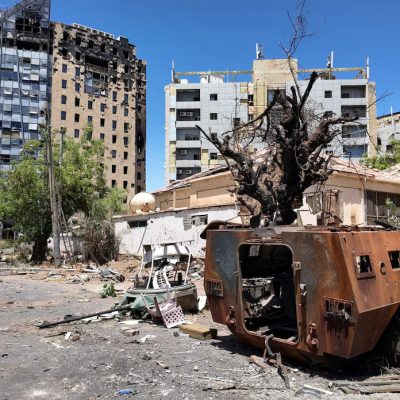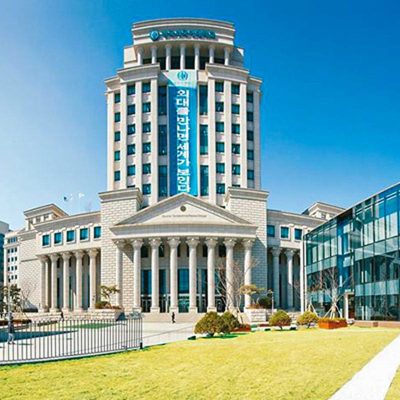Marc Lavergne, Géopolitologue, Directeur de recherche au CNRS, Université de Tours.
The recent visit of Tunisian President Kaîs Saied to Paris on the 22-23 of June gave President Macron the opportunity to express the French authorities’ concerns about Turkey’s involvement in Libya. Tunisia is the closest neighbor to Tripoli and is thus at the forefront of the battlefield. It is not only a matter of geography, but more significantly of geopolitics. The Libyan crisis affects dramatically the Tunisian economy, whose core resource is international tourism, while the Tunisian fragile democratic experiment, which is the only survivor to the “Arab Spring” to which it was the starter, is still a permanent contest between secular movements and advocates of political Islam. Those, under the banner of “Al Nahda” are the local branch of the Muslim Brotherhood.
France’s worries are twofold: one is related to Islamic terrorists in Europe and in Africa, and the other is about the rising aggressiveness of Turkey toward Europe, the Middle East and the African continent. France has definitely a major responsibility in the present situation as it evolves : the assassination of former Libyan dictator, Mouammar al Qaddhafi, which is the trigger of the present chaos, was ordered by former President Sarkozy, most probably to avoid embarrassing secrets to be revealed. French-Libyan relationships have long been profitable, if sometimes tense. And Libya, in footing the bill of African bureaucracies in the Sahelian States, maintained their stability …
What is at stake today is not so much the fate of the Libyan people than the oil resources of Libya, which are at the core of international competition.
If Turkey’s involvement is partly motivated by this access to hydrocarbons which it is lacking at home, its ambitions go much farther. It sees a window of opportunity in the growing rift between the three main global players, the United States, Russia and China. Based on the revived memory of the Ottoman Empire, and on the promotion of political Islam, Turkey’s AKP government is now seizing its chance to settle its internal economic problems and to regain its past prominence at the crossroads of three continents. Militarily, this ambition could be repelled on the future battle fronts, the more so that Turkey is facing tremendous difficulties back home ; but the lesson should not be lost, that the strength shown by Turkey is mainly the result of foreign weaknesses : lack of European vision and cohesion, failure of Subsaharan Africa, and global disorder.





